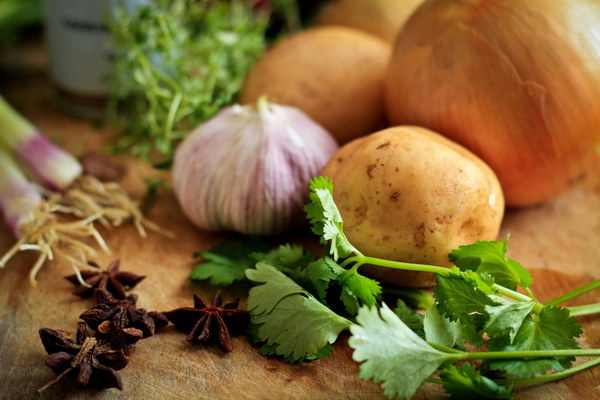Unlocking the Timeless Wisdom Embracing Traditional Chinese Medicine for Holistic Wellbeing
In the realm of health and wellness, Traditional Chinese Medicine (TCM) has stood the test of time, offering a unique and holistic approach to well-being. Rooted in ancient philosophies and practices, TCM emphasizes the importance of balancing the body, mind, and spirit to achieve optimal health. This article delves into the core principles of TCM and explores how it can transform your life for the better.
1. The Concept of Yin and Yang
One of the fundamental principles of TCM is the concept of Yin and Yang, which represents the interplay of complementary forces within the body. According to TCM, health is achieved when these forces are balanced. By understanding and addressing the imbalances in Yin and Yang, TCM aims to restore harmony and promote overall well-being.
2. The Five Elements Theory
The Five Elements Theory is another crucial aspect of TCM. It suggests that the body is composed of five elements: wood, fire, earth, metal, and water. Each element corresponds to different organs, tissues, and physiological functions. By identifying which element is out of balance, TCM practitioners can tailor treatment plans to address the root cause of illness.
3. Acupuncture and Moxibustion
Acupuncture and moxibustion are two of the most well-known TCM practices. Acupuncture involves inserting fine needles into specific points on the body to stimulate Qi (vital energy) flow. Moxibustion, on the other hand, involves burning dried mugwort near the skin to warm and stimulate Qi. Both techniques are used to alleviate pain, reduce inflammation, and promote healing.
4. Herbal Medicine

Herbal medicine is a cornerstone of TCM. Practitioners select specific herbs based on individual needs and conditions. These natural remedies are often used in combination to address multiple aspects of health. Some popular herbal formulas include the famous Four Substances and Eight Guizhi decoction.
5. Diet and Nutrition
Diet plays a significant role in TCM, as it is believed that certain foods can either balance or disrupt the body's Yin and Yang. TCM dietetics focuses on personalized dietary recommendations to support health and well-being. This may include avoiding certain foods, incorporating specific nutrients, and adopting balanced meal plans.
6. Exercise and Movement
Exercise and movement are essential components of TCM. Tai Chi, Qigong, and other forms of gentle exercise are designed to promote the flow of Qi and enhance overall physical and mental health. These practices also help to improve flexibility, balance, and strength.
7. Mindfulness and Stress Reduction
TCM recognizes the importance of mental and emotional well-being. Techniques such as meditation, breathing exercises, and mindfulness practices are used to reduce stress and promote mental clarity. By addressing the mind-body connection, TCM helps individuals achieve a state of inner peace and balance.
In conclusion, Traditional Chinese Medicine offers a unique and comprehensive approach to health and wellness. By embracing the principles of Yin and Yang, the Five Elements Theory, and a variety of practices such as acupuncture, herbal medicine, and mindfulness, individuals can unlock the timeless wisdom of TCM and transform their lives for the better. As we continue to explore and integrate these ancient practices into modern healthcare, the benefits of TCM will undoubtedly become more widely recognized and appreciated.









